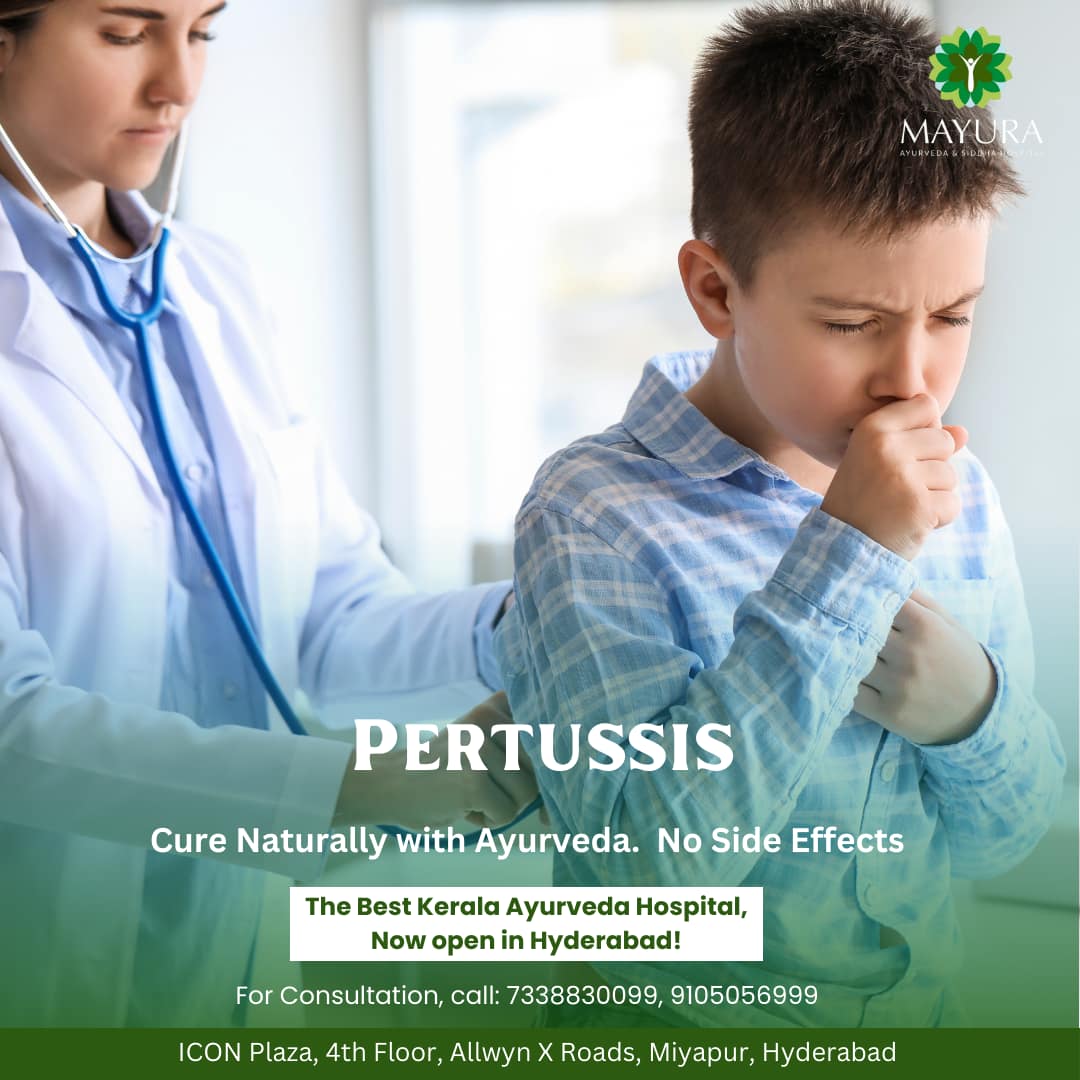Pertussis, commonly referred to as whooping cough, is a highly contagious respiratory infection caused by the bacterium Bordetella pertussis. Despite the availability of vaccines, pertussis remains a significant health concern, particularly for infants and young children. In this blog, we’ll dive into the symptoms, treatment approaches, prevention strategies, and key facts about pertussis to help you stay informed and safeguard your health and the health of those around you.
Symptoms of Pertussis: Pertussis typically starts with cold-like symptoms such as a runny nose, mild cough, and low-grade fever. However, as the infection progresses, it manifests as severe, uncontrollable coughing fits that can lead to vomiting, exhaustion, and difficulty breathing. The characteristic “whooping” sound often accompanies coughing episodes, especially in children, hence the name “whooping cough.”
Treatment Options: Early diagnosis and treatment of pertussis are essential for reducing the severity of symptoms and preventing the spread of the infection to others. Antibiotics, such as azithromycin or erythromycin, are commonly prescribed to individuals with pertussis to shorten the duration of symptoms and minimize the risk of transmission. Supportive care, including rest, hydration, and over-the-counter medications to alleviate coughing and fever, may also be recommended to manage the discomfort associated with pertussis.
Prevention Strategies: Vaccination is the most effective way to prevent pertussis. The DTaP vaccine, which protects against diphtheria, tetanus, and pertussis, is routinely administered to infants and young children as part of the childhood immunization schedule. Booster doses of the Tdap vaccine are recommended for adolescents and adults to maintain immunity against pertussis. Additionally, practicing good respiratory hygiene, such as covering coughs and sneezes, frequent handwashing, and avoiding close contact with individuals who are ill, can help reduce the risk of pertussis transmission.
Key Facts about Pertussis:
1. Highly Contagious: Pertussis is highly contagious and can spread easily through respiratory droplets when an infected person coughs or sneezes.
2. Serious Complications: While pertussis is usually mild in older children and adults, it can cause severe complications, including pneumonia, seizures, and even death, particularly in infants.
3. Vaccine Effectiveness: Vaccination remains the most effective strategy for preventing pertussis and reducing its impact on public health. However, vaccine hesitancy and waning immunity contribute to periodic outbreaks of pertussis in communities.
4. Immunity Boosters: Booster doses of the Tdap vaccine are recommended for pregnant women, new parents, and healthcare workers to protect vulnerable populations, including infants who are too young to be fully vaccinated.
5. Timely Diagnosis and Treatment: Timely diagnosis and treatment of pertussis are crucial for preventing its spread and minimizing the severity of symptoms, especially in high-risk individuals such as infants and pregnant women.
















